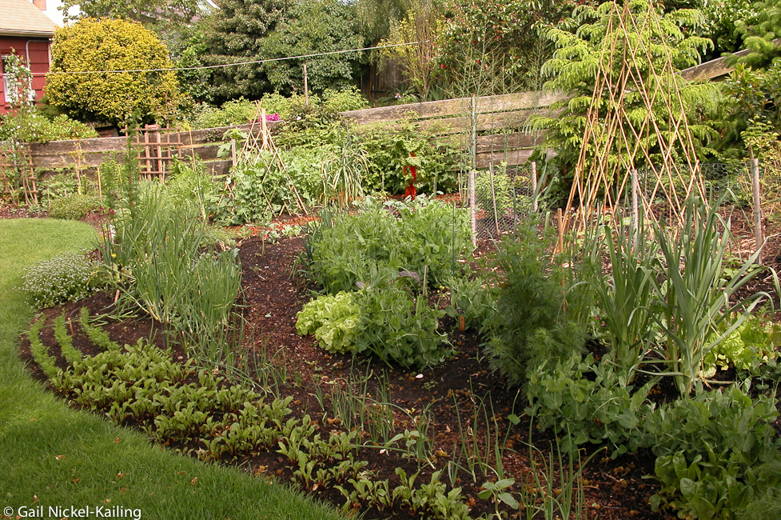(Originally published April 12, 2020)
 To my surprise, I find I am in total agreement with The Rockefeller Foundation when it comes to the effect that our food system and the Covid-19 virus are having on each other. Ordinarily I’m NOT a fan of the Foundation, primarily because of their support for the Alliance for Green Revolution (AGRA), which is focused on doubling yield and incomes for African farmers, primarily through the use of genetic engineering, chemical pesticides including glyphosate and dicamba, and patented seed (my emphasis).
To my surprise, I find I am in total agreement with The Rockefeller Foundation when it comes to the effect that our food system and the Covid-19 virus are having on each other. Ordinarily I’m NOT a fan of the Foundation, primarily because of their support for the Alliance for Green Revolution (AGRA), which is focused on doubling yield and incomes for African farmers, primarily through the use of genetic engineering, chemical pesticides including glyphosate and dicamba, and patented seed (my emphasis).
As confirmed cases of COVID-19 increased throughout the world, the immediate instinct of many people was to ensure that they had enough food. The images of empty grocery store shelves and closed restaurants are stark and important reminders of how much we depend on our food system and how central food is in our lives. We define ourselves through what we eat, and the food we eat every day literally becomes who we are.
(Source: The Rockefeller Foundation)
Actions and Steps We Can Take
While the authors of the Rockefeller Foundation blog post described five “reflections” on the COVID virus, from the perspective of our food systems – which you can read below – it is more important to focus on what we can do immediately. They recommend four clear and actionable steps:
- Dramatically shifting dietary patterns towards more healthy, protective foods such as fruits, vegetables, seeds, nuts, fish and whole grains to develop healthier individuals and stronger immune systems.
- Supporting strong local and regional food systems in order to increase resilience and redundancy.
- Reducing the burden of our food system on the environment by stopping and reversing the encroachment of agriculture on biodiversity areas, and preventing the exploitation of wild animals for human consumption.
- Increasing transparency and coordination across value chains and national borders in order to ensure that food is efficiently distributed and barriers such as export bans based on fear and logistic bottlenecks resulting from poor coordination do not lead to hunger and hikes in food prices.
At GoodFood World we absolutely believe in seeking out and eating the very best in regionally grown and harvested meat, fish, grain, dairy, produce, and other foodstuffs. We are committed to spotlighting growers and producers whose food is healthy, nutritious, and delicious.
Self-quarantine and “Stay-at-Home” orders are stressing supply chains to breaking and it’s getting hard to even find staples like flour and sugar. Montana grains, meats, and cheeses are now available online so you can have the basics delivered.
The shortest supply chain is your own front or back yard. No yard? Go for a Community Gardens plot. We’re planning our garden space now – a new Victory Garden, as it were – and will share ideas and sources with you to do the same.
Cooking and baking are great ways to entertain your kids (and yourself), to learn to be more self-sufficient, and to share with someone who might need help. We have recipes, videos, lists of cookbooks, and more, to help you get started.
Foundation Reflections on COVID-19 and Our Food Systems
As we move forward it’s important to look deeply forward and backward. These five reflections lay a foundation to show us how we arrived at this point in history. Interesting and useful as these are, it is much more important that we be vigilant, active, collaborative, and co-operative while communicating with all the stakeholders in our food systems.
- It is important to recognize that the COVID-19 crisis started with a food choice.
- Empty grocery shelves are not just the result of the human tendency to hoard in times of danger, but an important reminder that our food supply chains are easily disrupted and many of our food systems lack resilience and redundancy.
- The COVID-19 crisis has further exposed the limitations of a food system that fails to adequately nourish the majority of the world’s population.
- As the world economy slides into a recession, the agricultural production and grocery retail sectors appear well-positioned to weather the storm because people still need to eat and will prioritize their spending on food.
- In times of crisis, small- and medium-sized enterprises in most parts of the world play a critical role in ensuring that poor and vulnerable people, who are always the ones that suffer the most, continue to have employment as well as access to food.
It’s Up to You
The time-worn phrase “Think Global, Act Local” applies more than ever to how we deal with the Pandemic and Climate Change.
Grow your own, buy from local producers and… eat well, be well.
